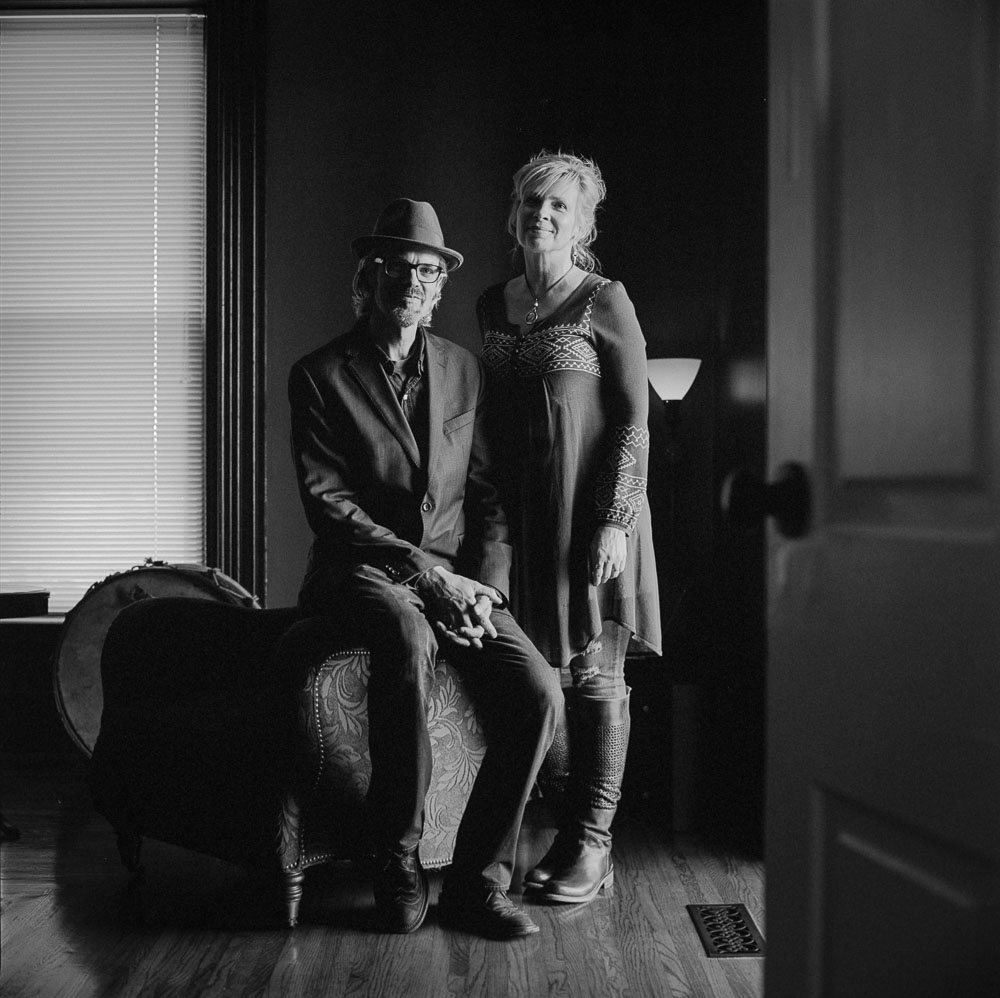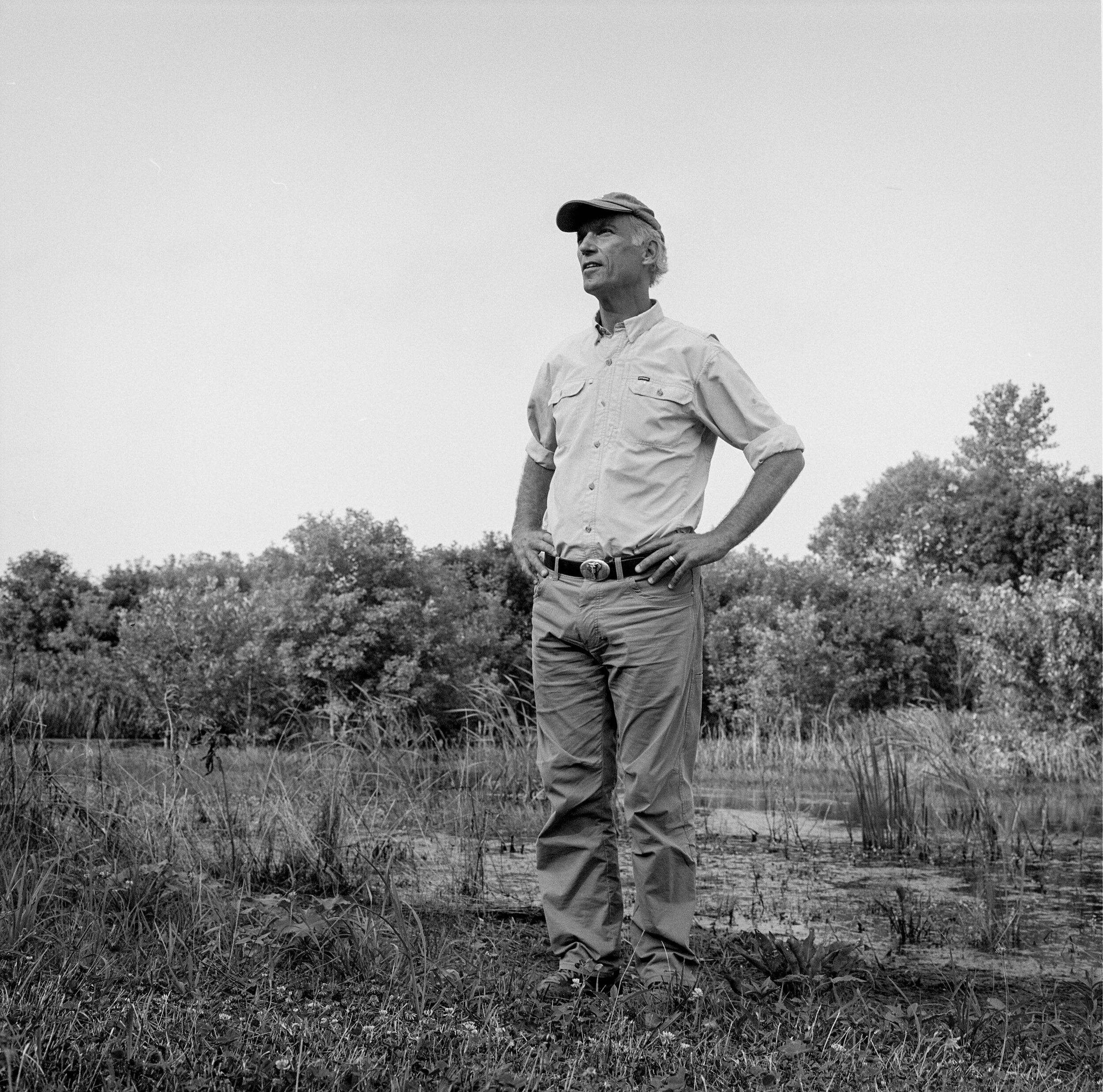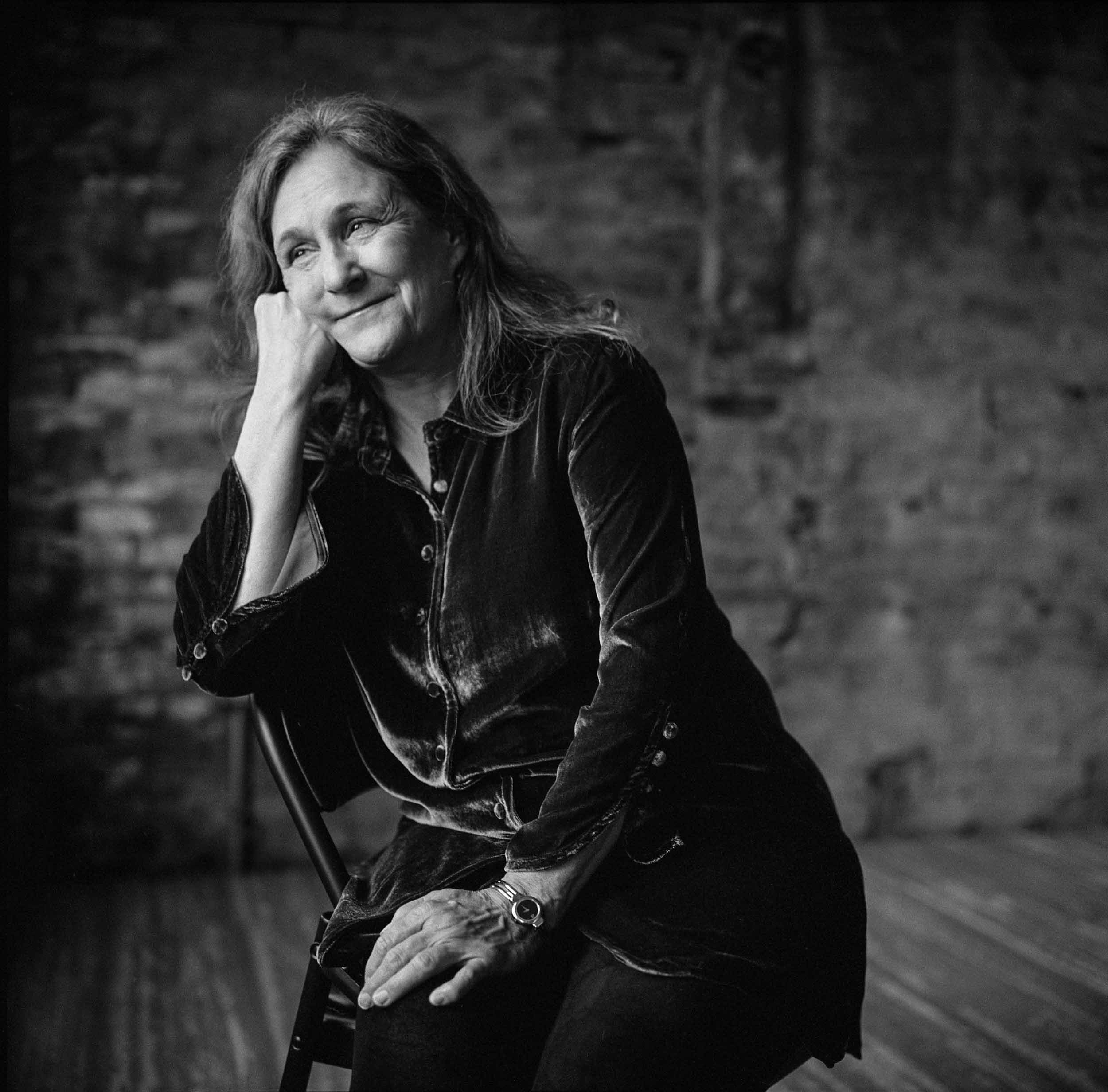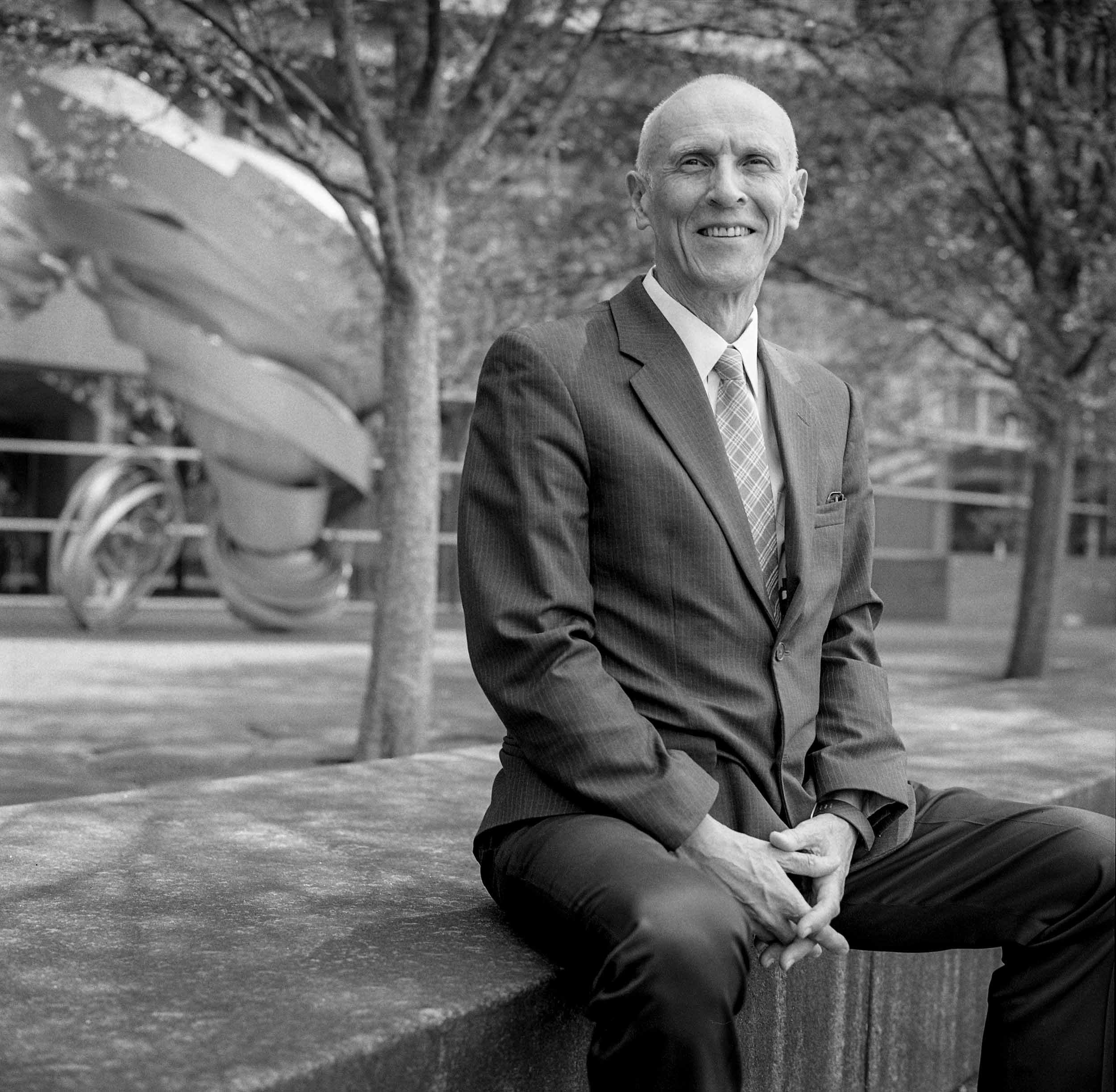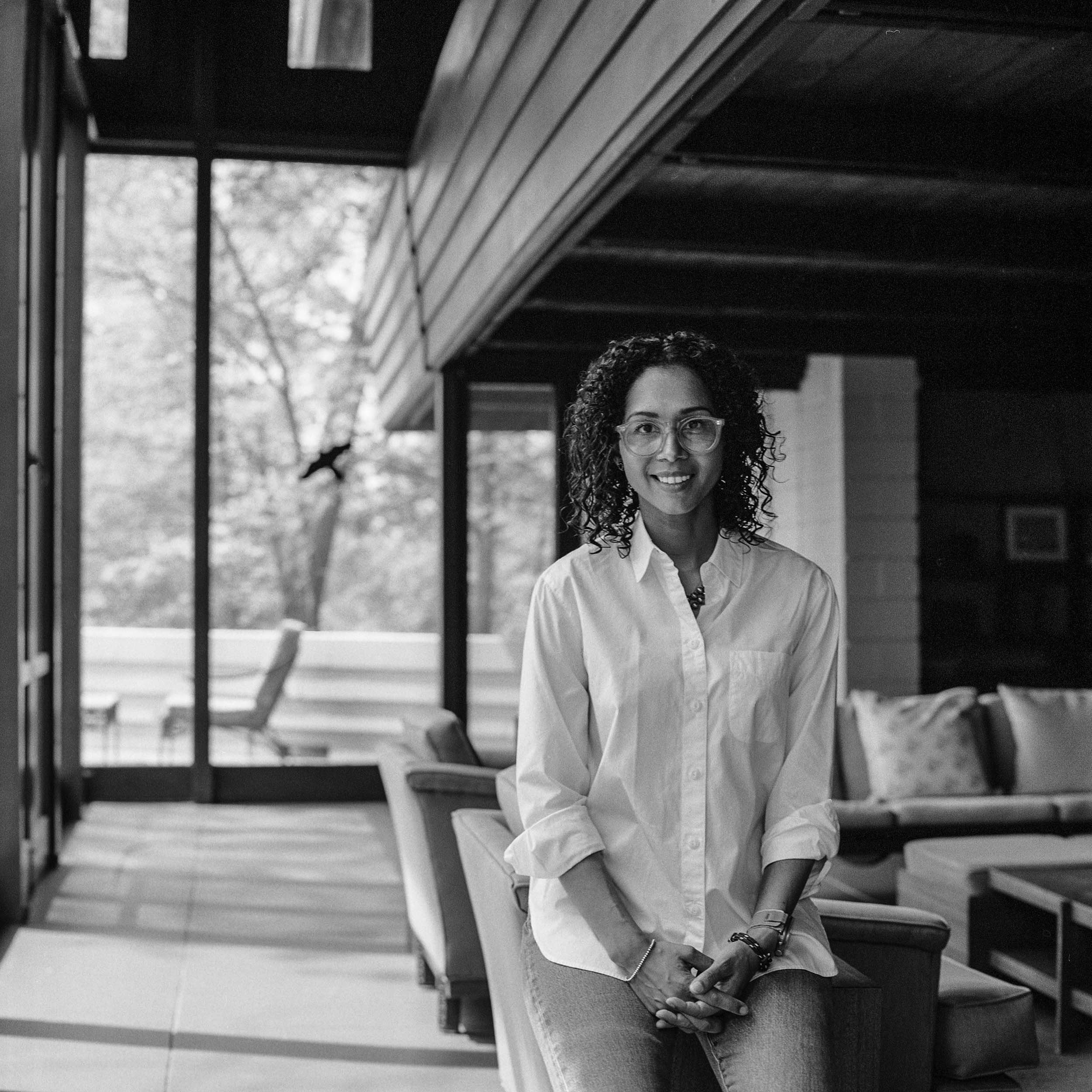Florence Rothenberg
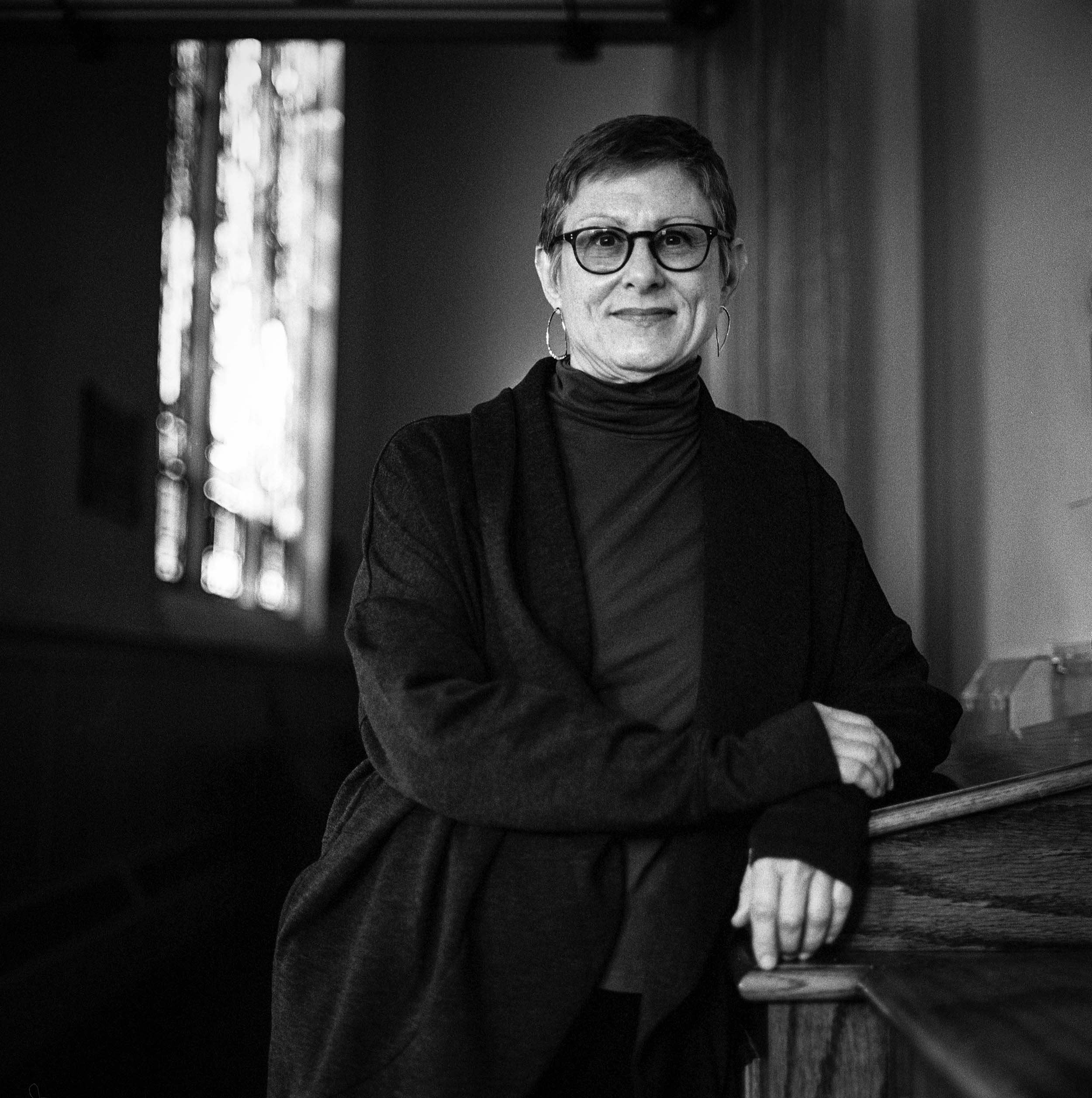
A cardiologist and medical researcher talks about her passion for changing community health, one neighbor at a time.
portrait by Michael Wilson
What’s a favorite food memory from childhood?
I grew up in the projects in Queens, and my dad had a heart attack when I was young. Back then the thinking was that the blander the diet the better, so we ate pretty boring food. But when my family hosted parties, my mom would cook her favorite Jewish dishes and all the women would gather in the kitchen.
What sparked you to focus on prevention?
I observed that my patients that had access to healthy food and exercise were much more resilient to disease, yet my patients who didn’t have access were constantly being admitted to the hospital and were on many medications. Early in my practice one of my patients helped me see the impact of food deserts. I’d read about them but it didn’t have meaning to me until we talked about how he needed to eat better to be healthy. He told me, “I know what I need to do, but I can’t afford that.” And it broke my heart.
What kind of work are you doing in Northside?
I decided I’d try to figure out how to grow food at scale so I could bring it to the VA. I read about a rooftop farming program in New York called Brooklyn Grange and decided I’m going to do this in Cincinnati. In 2021 I saw North Presbyterian Church. The education building has a 4,000-sq.-ft. roof with no mechanicals, so it was perfect. It’s going to take $2 million to reinforce the structure to do what we want to do. There’s a commercial kitchen and we’re working to turn it into a teaching kitchen. So I’m fundraising like mad. And I’m bringing in small businesses that are health related as tenants.
What are the barriers to improving community health?
One of the things I’ve seen up close at the VA as the principal investigator for clinical trials is the distrust that Black patients have in the medical system, with good reasons.
A research study published in 2018 called the Los Angeles Barbershop Blood Pressure Study showed that when Black barbers and Black pharmacists worked together to educate people, there was an insane improvement in blood pressure among the people in the study. That tells me that when you engage the community through trusted members of that community, you can improve health dramatically.
You’re a researcher, so you must have a lot of patience for pursuing this work.
One of the things I learned early on is that most nonprofits come in and say, “We can fix this!” But the people who live there are the ones who have the solutions; we have to listen to them.
There are rays of hope every day. It’s hard and challenging. But I can see the future: We’ll be growing food and healing the community and writing and publishing about it.
VITAL STATS
Hometown: Rockaway, Queens, NY
Lives in: Northside
Family: Single, two adult sons
Career path: Graduated from University of Texas, Southwestern Medical School, then earned a cardiology fellowship from Case Western Reserve University. Board certified in internal medicine and cardiology. Faculty, UC College of Medicine and staff cardiologist, VA Medical Center. Founder of Ounce of Prevention, focused on cardiovascular risk reduction, Heart of Northside Rooftop Farm & Event Center, and the nonprofit Food For Thought Cincinnati.
Bryn’s long career in publishing took a left turn sometime around 2010, when she discovered the joy of food writing. Since then, she’s found professional nirvana as the editor of Edible Ohio Valley, author of The Findlay Market Cookbook, and occasional instructor at The Cooking School at Jungle Jim’s. Find her seasonal recipes at writes4food.com.

